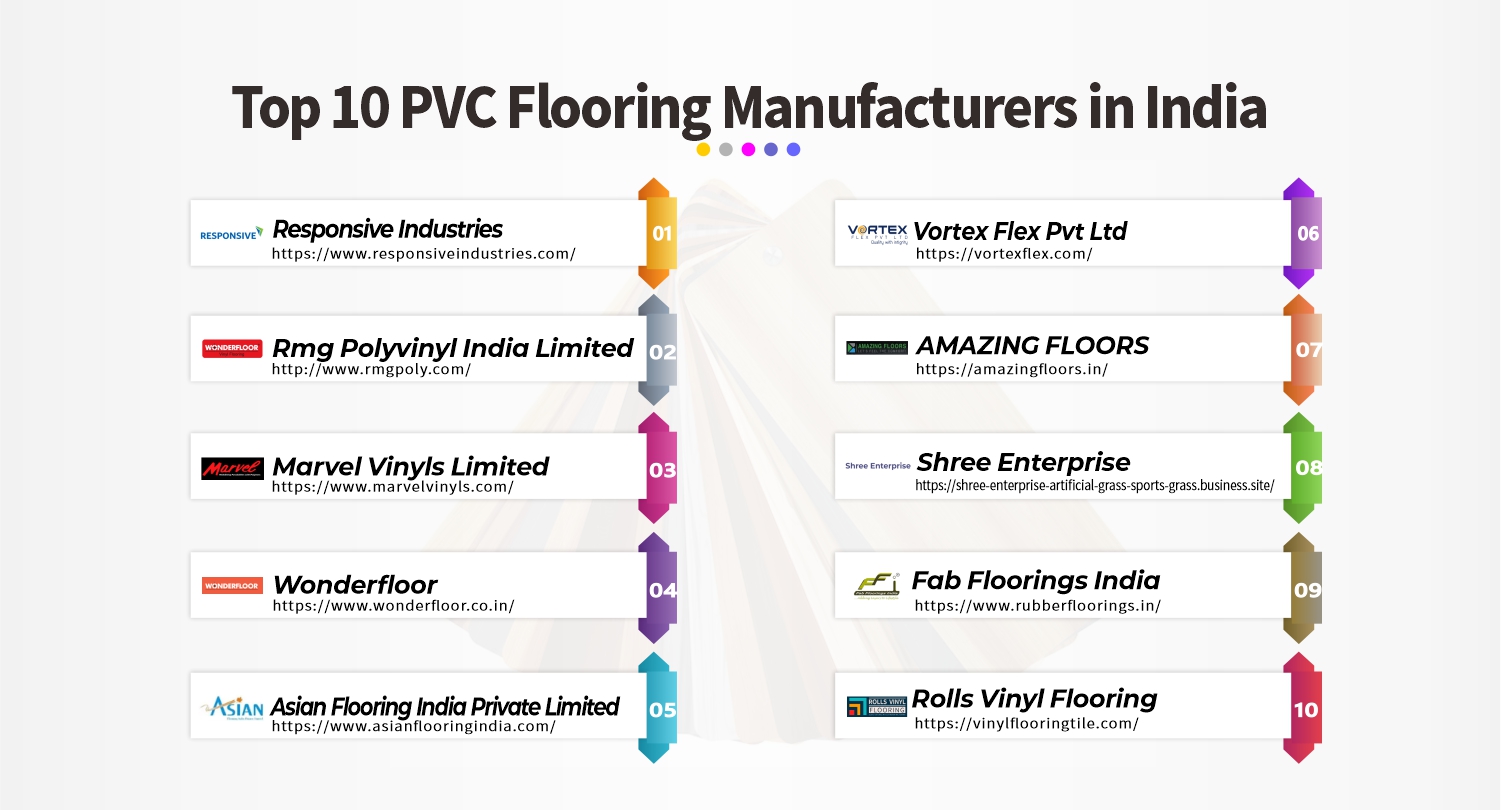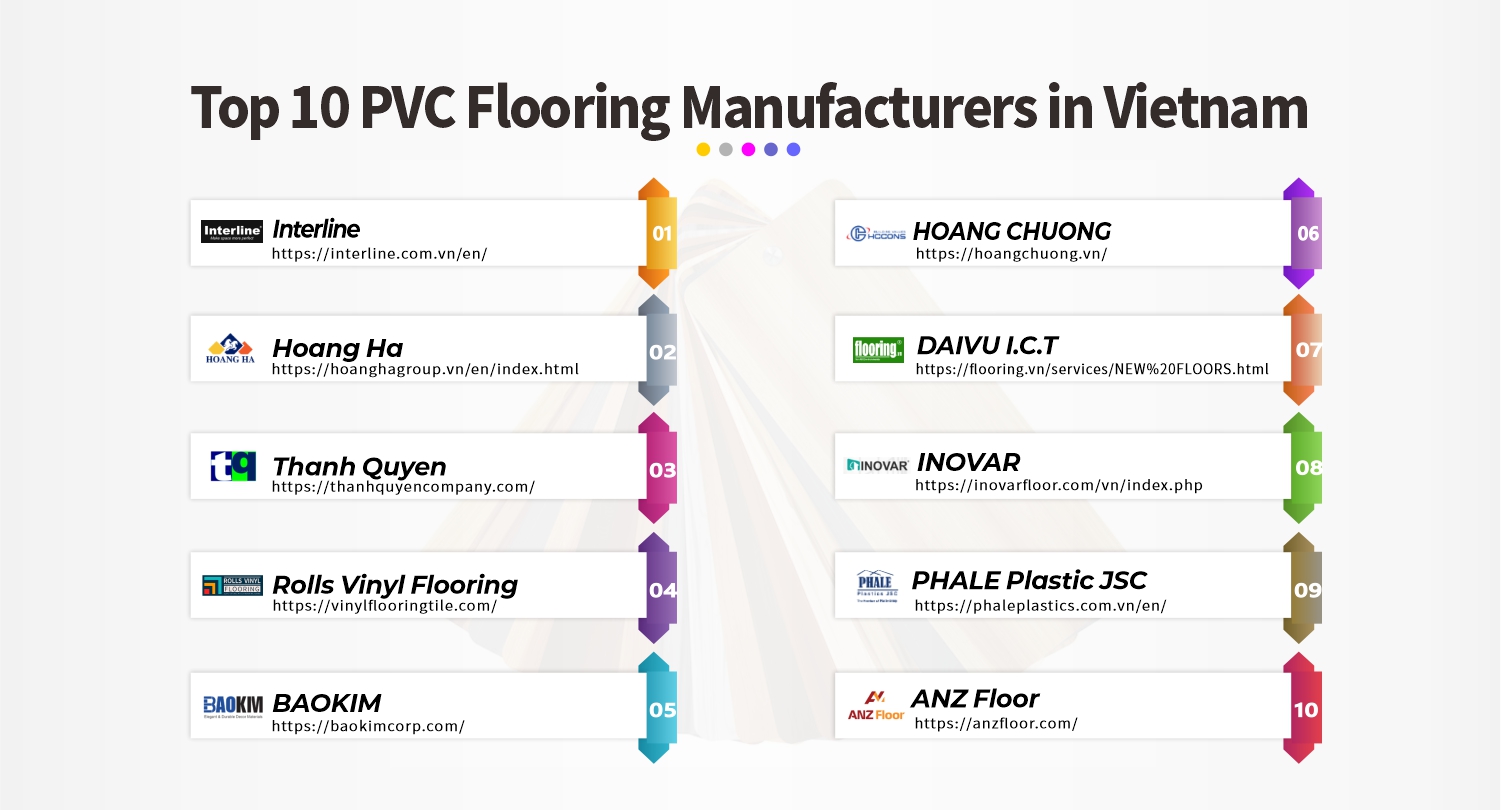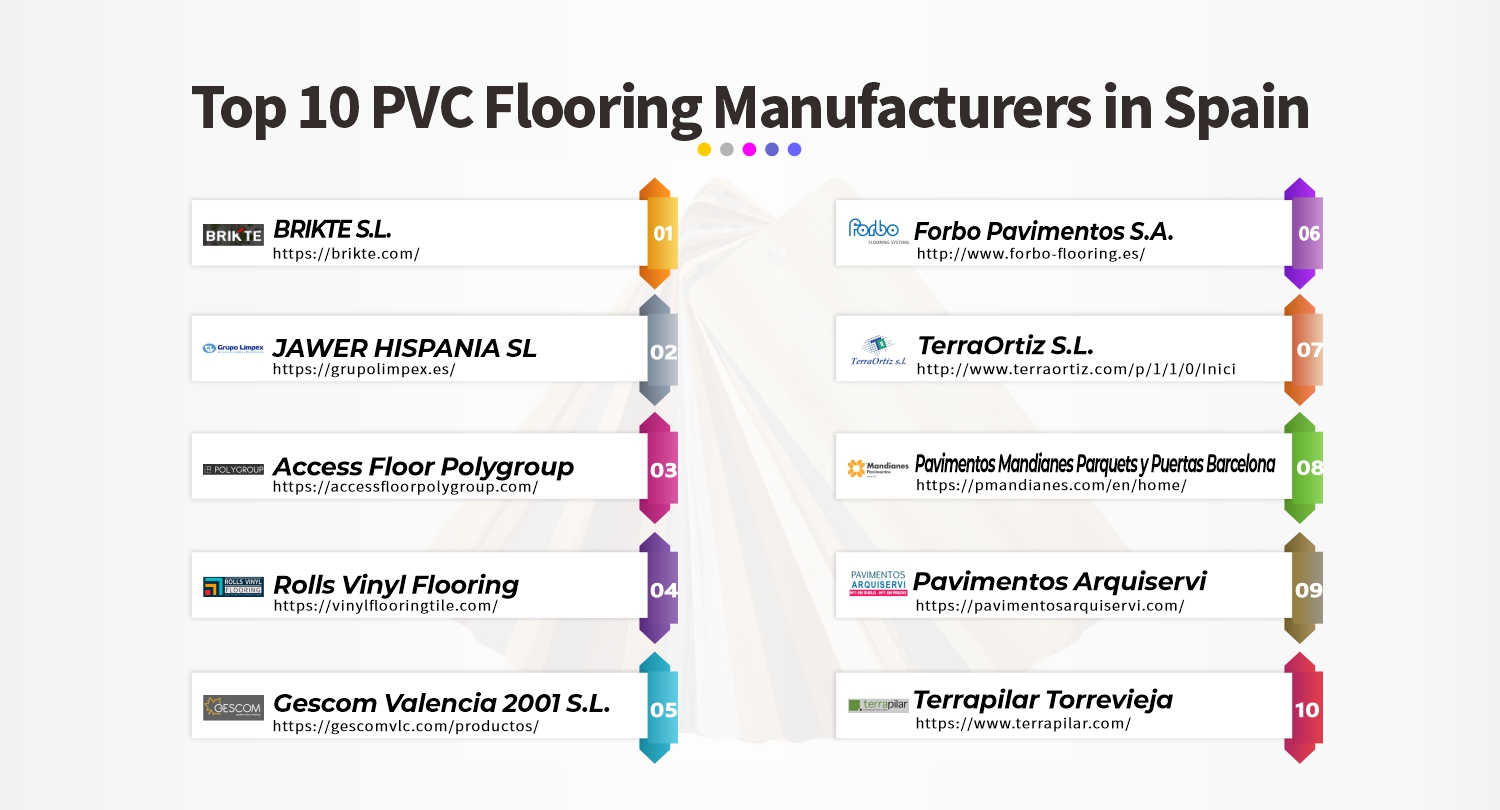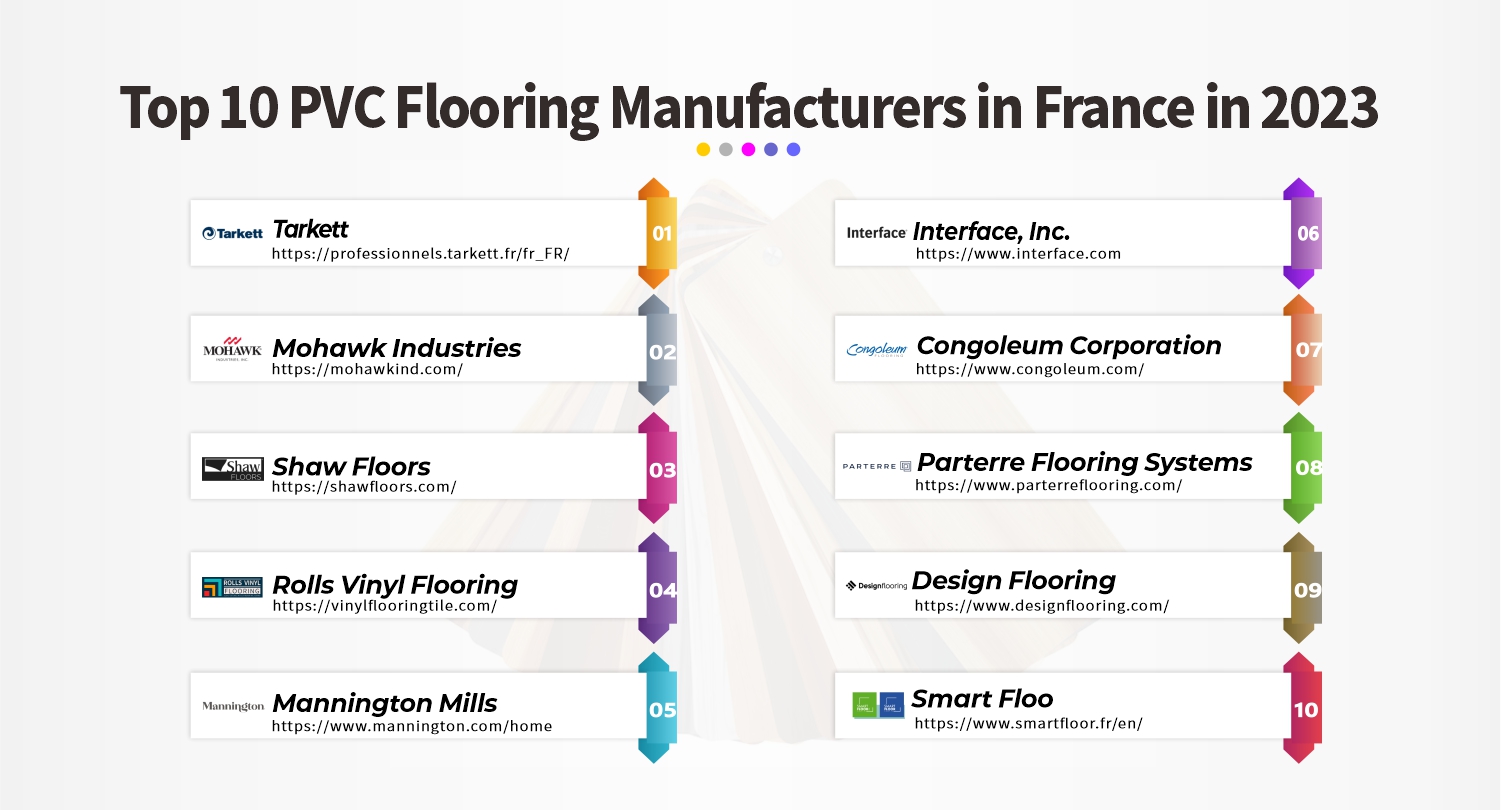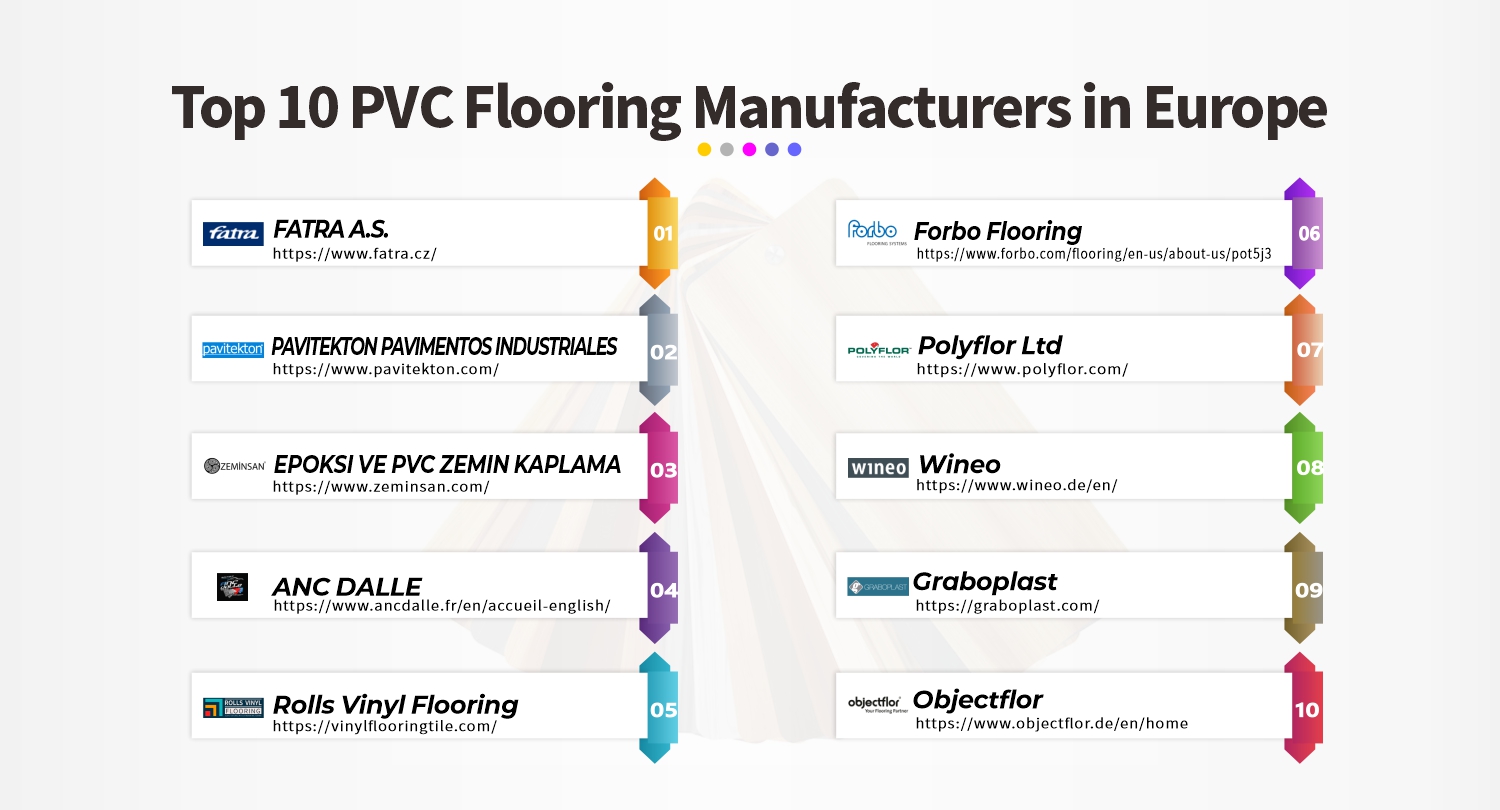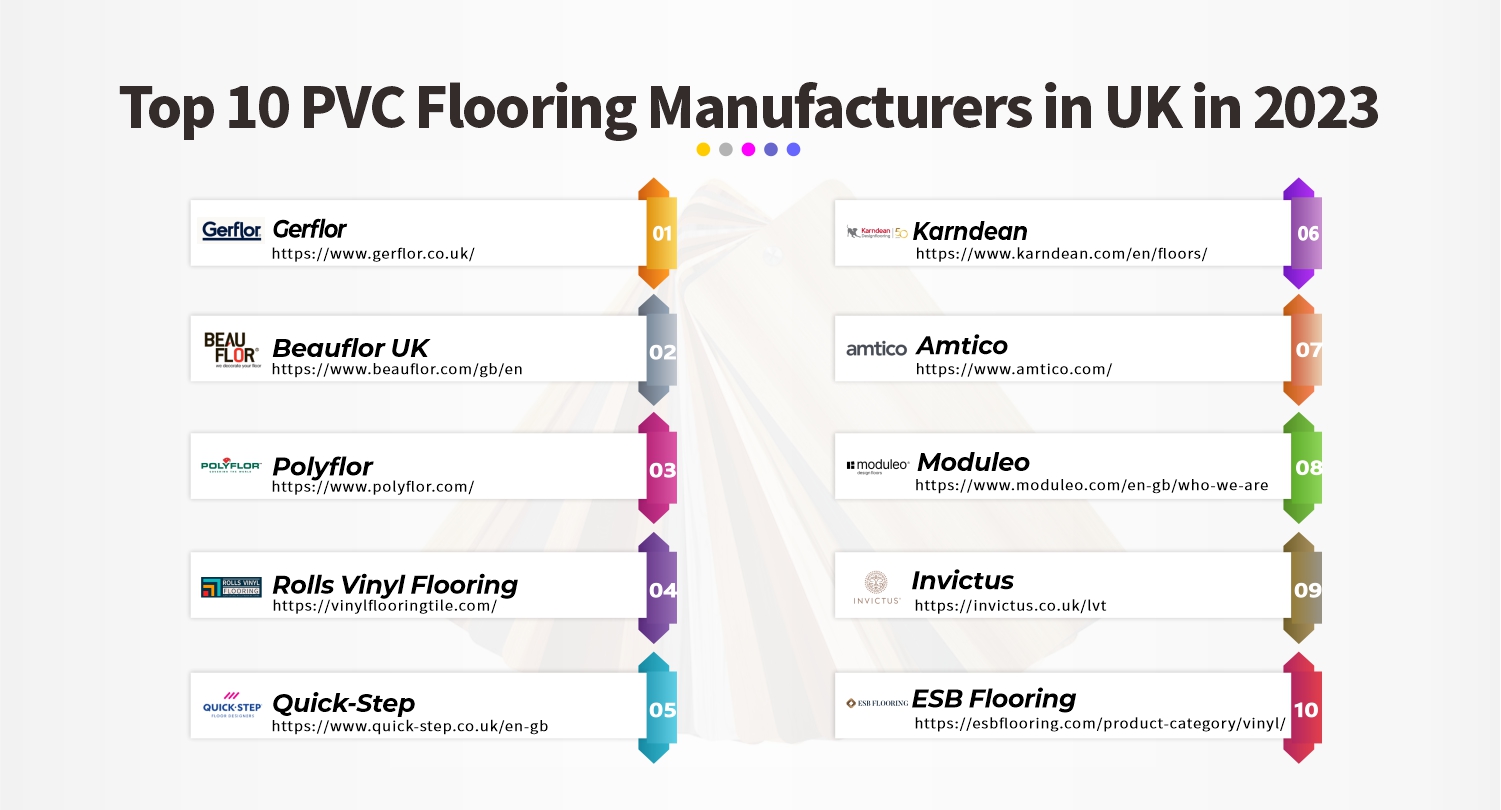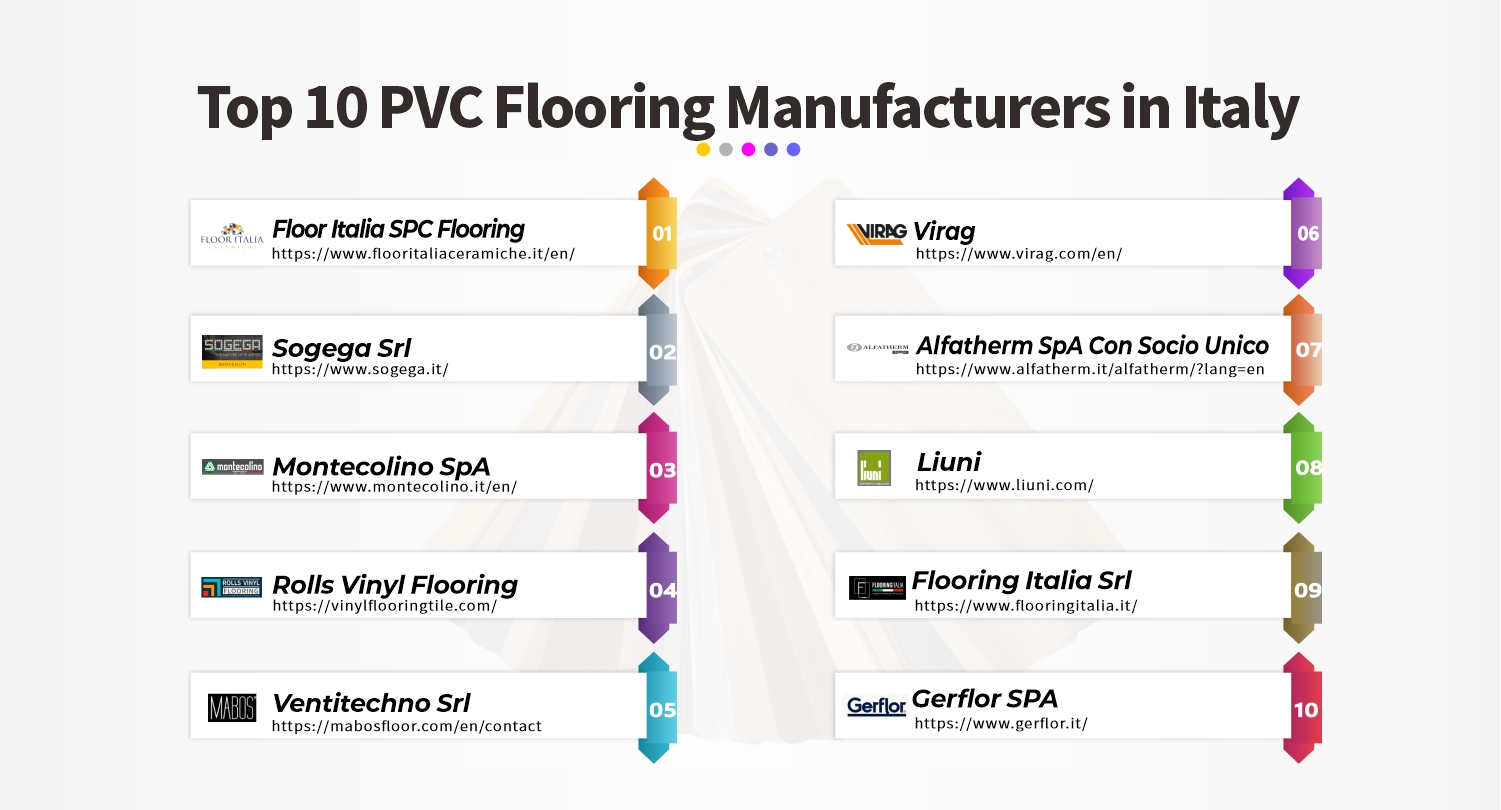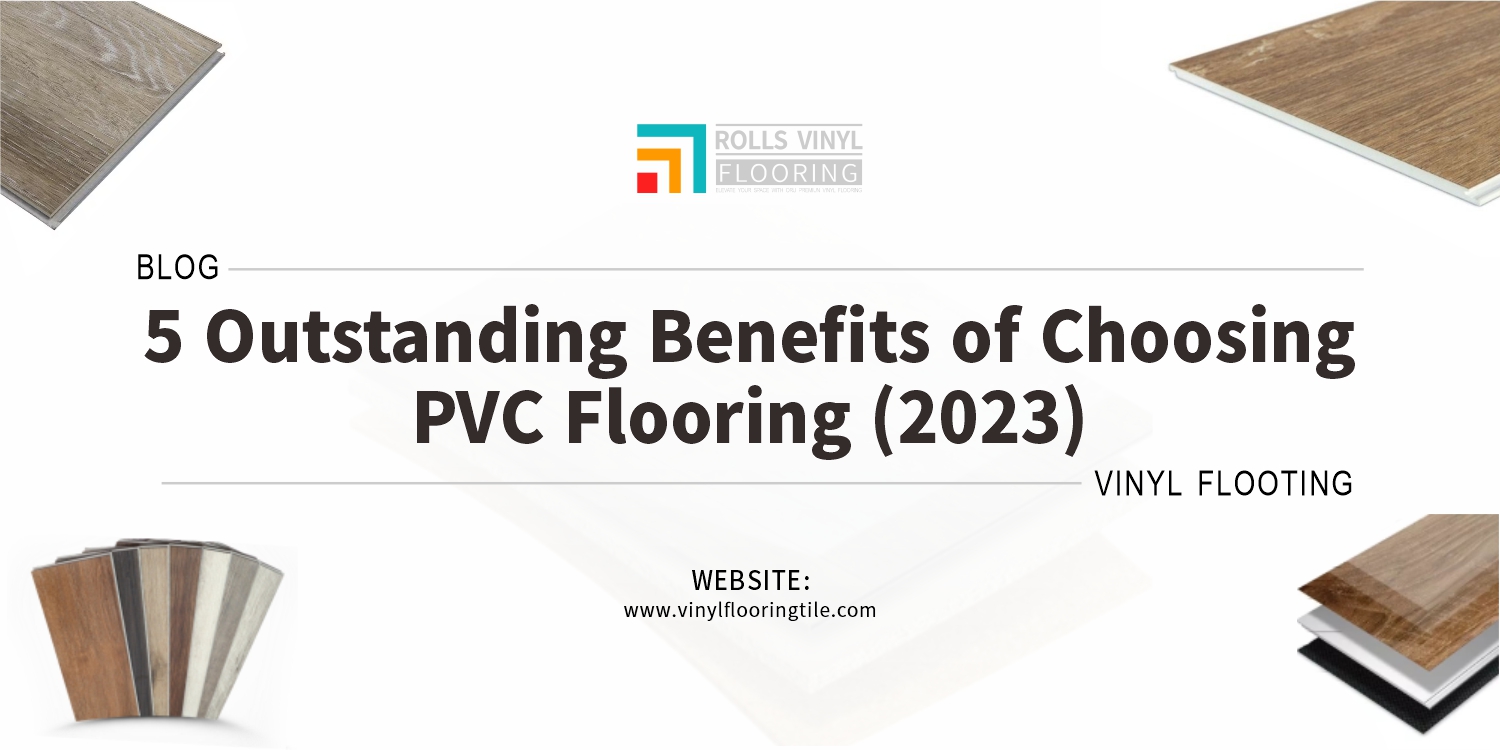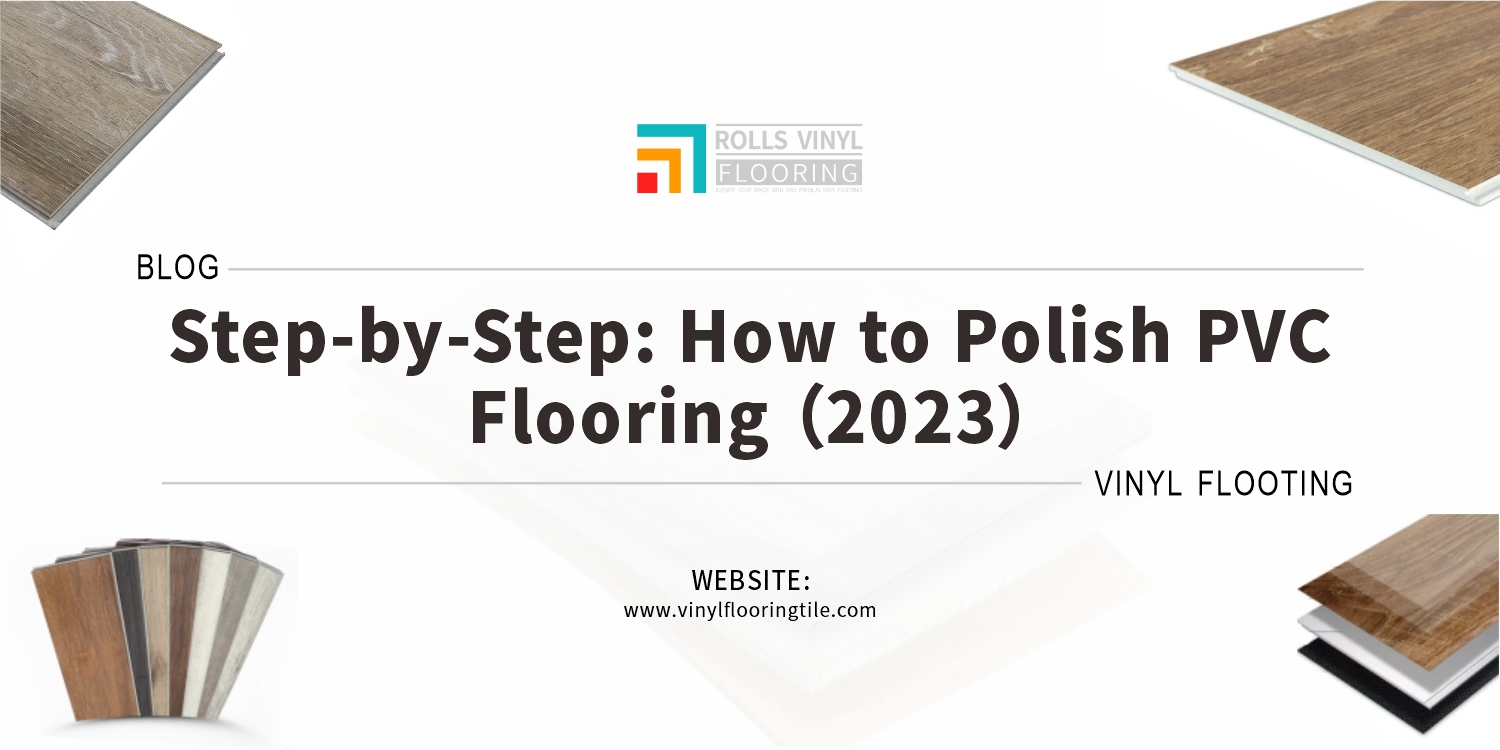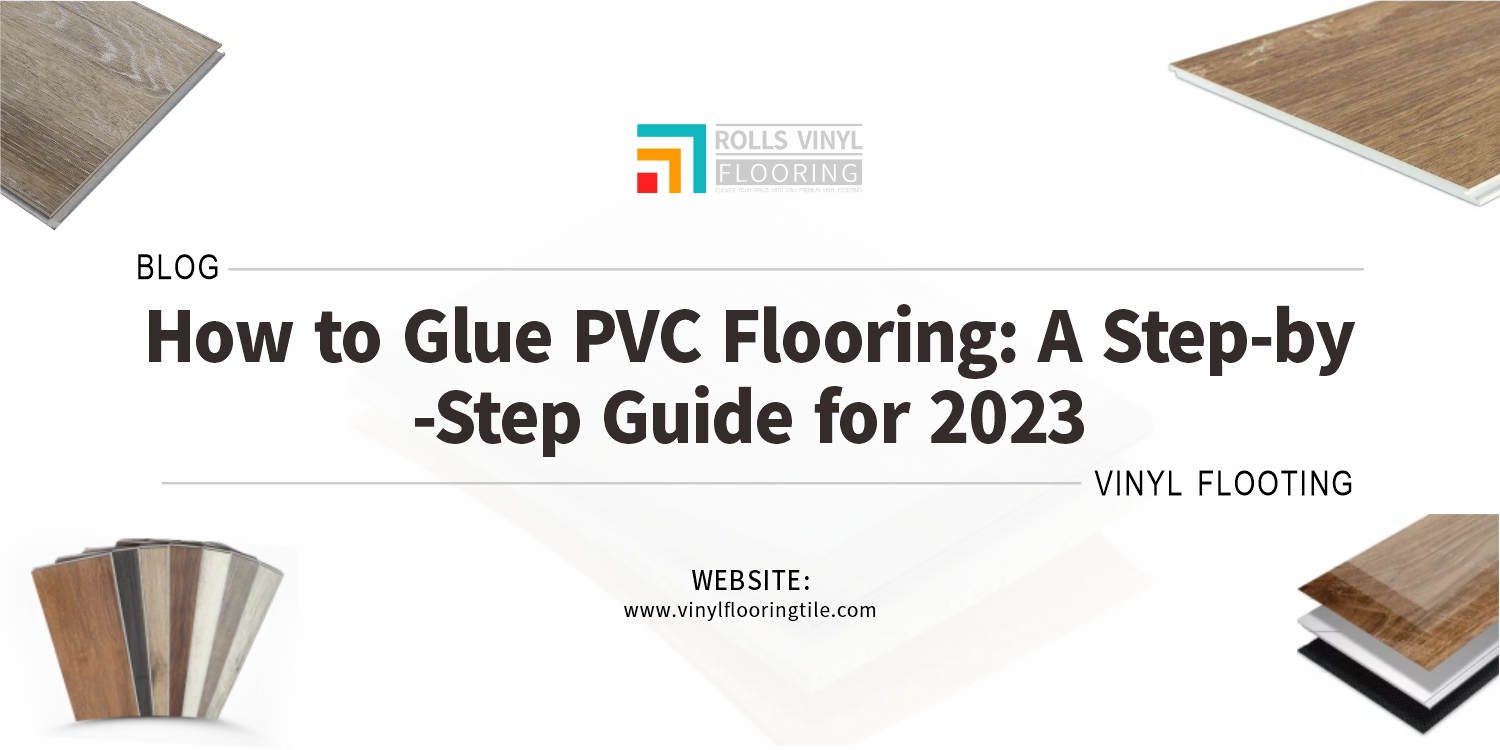When in the process of building or renovating your home, one central decision is the type of flooring you opt for. There are varieties of materials available, and among them, Engineered Hardwood and Luxury Vinyl Plank (LVP) flooring are popular options. Both have their own unique set of characteristics that might make one more appealing than the other depending on individual taste and requirements.
It is essential to not only focus on the aesthetics but also consider aspects such as cost, durability, and style. Why? Because the right flooring can significantly enhance the overall appeal and value of your premises. It’s not just about finding a flooring that matches your decor, but it should also be durable to withstand daily wear and tear and be affordable for your budget. Looking for a cost-effective, durable, and stylish flooring option can seem a daunting task. But understanding the differences between engineered hardwood and luxury vinyl plank flooring can go a long way in helping you make an informed decision. Let’s dive deeper into these options and see which one ticks all the right boxes for your needs.
I. Engineered Hardwood
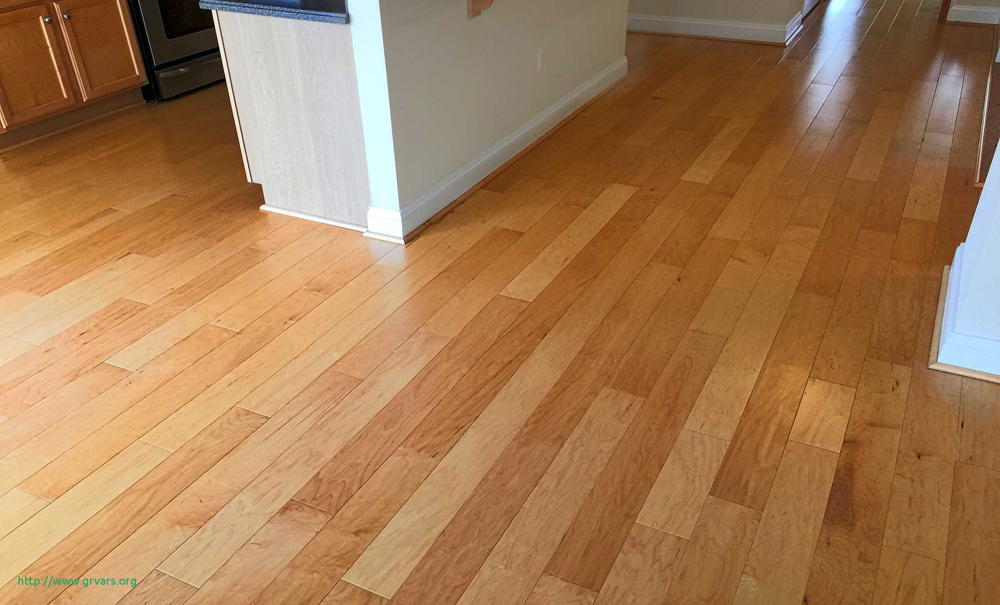
A. Definition and Explanation of Engineered Hardwood Flooring
Engineered hardwood is a versatile and resilient flooring option that combines the traditional elegance of hardwood with an ingenious construction method. Unlike solid hardwood which is milled from solid lumber, engineered hardwood is composed of multiple layers. The top layer, or ‘wear layer’, is a veneer of real hardwood, providing the desired look and feel. Below this are several layers of plywood, high-density fiberboard, or hardwood, arranged in a cross-grain configuration. This structure yields a flooring material that maintains the beauty of natural hardwood while offering improved stability and resistance to temperature and humidity fluctuations.
B. Cost of Engineered Hardwood Flooring
The cost of engineered hardwood flooring varies widely based on factors such as the species of wood, the thickness of the top veneer, the quality of the base layers, and the overall quality of the construction. Additionally, the cost of installation can vary depending on the complexity of the job and the labor rates in your area. Generally, prices can range anywhere from $3 to $14 per square foot. While this may be higher than other flooring options like laminate or carpet, many homeowners find the durability and aesthetic appeal of engineered hardwood to be well worth the investment.
C. Durability of Engineered Hardwood Flooring
Engineered hardwood flooring holds up well under a variety of conditions. Thanks to its multi-ply construction, it is more resistant to warping and buckling than solid hardwood, especially in conditions of fluctuating humidity. The durability of the wear layer – which can be sanded and refinished like solid hardwood – depends on its thickness. A thicker wear layer allows for more refinishing cycles, prolonging the floor’s lifespan. However, like any flooring, engineered hardwood can be prone to scratches and dents, so it’s important to take proper care with furniture placement and pet activity.
D. Style Options and Aesthetic Appeal of Engineered Hardwood Flooring
Engineered hardwood flooring comes in a wide range of styles, species, and finishes. Whether you favor a classic oak, an exotic teak, a dramatic walnut, or a trendy gray finish, there’s an engineered hardwood product to suit your aesthetic. The hardwood veneer on top can be textured or distressed for a rustic look, or it can be sleek and smooth for a more contemporary vibe. Because engineered hardwood uses less of the desired species than solid hardwood, it’s an environmentally friendly way to achieve exotic or rare wood looks.
E. Pros and Cons of Engineered Hardwood

Engineered hardwood flooring offers many advantages. Its multi-layer construction provides enhanced stability, allowing it to withstand temperature and humidity changes better than solid hardwood. Additionally, it can be installed in places where solid hardwood isn’t recommended, such as basements. However, engineered hardwood does have a few drawbacks. While it can be sanded and refinished, it can’t undergo this process as many times as solid hardwood due to the thinness of the top layer. Moreover, the cost can be a deterrent for some homeowners. Despite these considerations, many find that the beauty, durability, and versatility of engineered hardwood make it a worthwhile investment for their homes.
II. Luxury Vinyl Plank Flooring

A. Definition and Explanation of Luxury Vinyl Plank Flooring
Luxury Vinyl Plank (LVP) flooring is an innovative, high-quality form of vinyl flooring that closely mirrors hardwood in appearance and texture. It features individual planks, which are digitally printed with high-resolution images of various hardwood species. The result is an impressively realistic look and feel of natural wood, combined with the durability and water-resistance of vinyl. LVP flooring is particularly favored in high-traffic areas and rooms prone to moisture exposure, such as kitchens and bathrooms, due to its durability and resilience.
B. Cost of Luxury Vinyl Plank Flooring
The cost of Luxury Vinyl Plank flooring is variable, typically ranging from $2 to $7 per square foot, depending on the quality and style you choose. The price is also influenced by factors such as the complexity of the installation process, your geographic location, and whether or not old flooring needs to be removed prior to installation. Keep in mind, higher-end options often come with extended warranties and have longer lifespans, providing better value for money in the long run.
C. Durability of Luxury Vinyl Plank Flooring
One of the main advantages of LVP flooring is its exceptional durability. It’s designed to withstand heavy foot traffic, scratches, dents, and stains, while maintaining its appearance for years. The top layer, or wear layer, is particularly robust and provides the majority of the flooring’s durability. Additionally, LVP is waterproof, making it a suitable choice for areas with potential water exposure such as bathrooms or basements.
D. Style Options and Aesthetic Appeal of Luxury Vinyl Plank Flooring
With LVP flooring, you have a multitude of style options at your fingertips. You can choose from a variety of colors, patterns, and finishes that mimic different types of wood, from rich, dark mahogany to light, rustic pine. Whether you’re aiming for a sleek, modern look or prefer a more traditional aesthetic, there’s an LVP option to match. The lifelike texture and finishing touches, like beveled edges, further enhance the realistic hardwood appearance.
E. Pros and Cons of Luxury Vinyl Plank Flooring
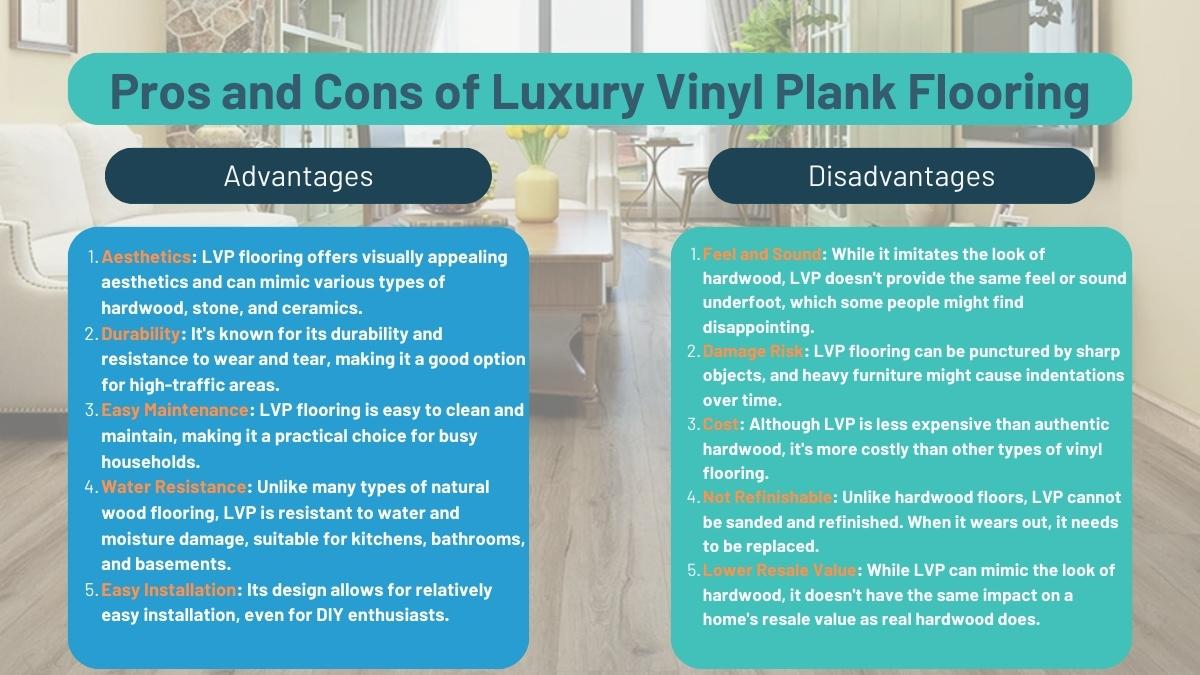
As with any flooring option, LVP flooring comes with a set of pros and cons. On the positive side, LVP flooring offers stunning aesthetics, durability, easy maintenance, and water resistance. It’s also relatively easy to install, even for the DIY enthusiast.
However, although LVP flooring imitates the look of hardwood, it doesn’t have the same feel or sound underfoot, which may be a drawback for some people. Also, while it is highly durable, it can be punctured by sharp objects, and heavy furniture can cause indentation over time. Lastly, while it’s less expensive than authentic hardwood, it’s more costly than other types of vinyl flooring.
III. Comparison Between Engineered Hardwood and Luxury Vinyl Plank
| TYPE | Engineered Hardwood | Luxury Vinyl Plank |
|---|---|---|
| 💰 Cost | $3-$10 per square foot | $2-$5 per square foot |
| 🏋️ Durability | Long-lasting, extends several decades with proper maintenance | High resistance to moisture and scratches, suitable for high-traffic areas |
| 🎨 Style and Aesthetics | Classic, elegant, comes in various species of wood, colors, finishes, and plank widths | Versatile, can imitate the look of various hardwoods, stones, and ceramics |
| 📍 Best For | Living rooms, bedrooms, dining areas | Kitchens, bathrooms, commercial spaces with high foot traffic |
A. Cost Comparison of Engineered Hardwood and Luxury Vinyl Plank
When determining the best flooring option for your home or office, it’s essential to consider the cost. Engineered hardwood is generally more expensive than luxury vinyl plank. The former typically ranges in price from $3 to $10 per square foot, while the latter comes in at about $2 to $5 per square foot. However, it’s worth noting that these costs can fluctuate depending on the quality of the material, brand, and other factors such as installation fees.
B. Durability Contrast: Engineered Hardwood vs. Vinyl Plank
Engineered hardwood and luxury vinyl plank significantly differ in terms of durability. Engineered hardwood is known for its long-lasting nature, with a lifespan that can extend several decades with proper maintenance. Conversely, luxury vinyl plank, being more resistant to moisture and scratches, is often the preferred choice for high-traffic areas or households with pets or children.
C. Style Options and Aesthetic Appeal
Both engineered hardwood and luxury vinyl plank offer a wide range of styles and aesthetic appeal. Engineered hardwood exudes classic elegance and adds a natural warmth to any room. It comes in various species of wood, colors, finishes, and plank widths, allowing for customization to match any design style.
On the other hand, luxury vinyl plank is praised for its versatility. With advancements in digital printing technology, it can imitate the look of various hardwoods, stones, and even ceramics, providing limitless design possibilities.
D. Situations Favoring One Over the Other
Choosing between engineered hardwood and luxury vinyl plank often boils down to personal preference, needs, and the specific conditions of the area where the flooring will be installed.
Engineered hardwood might be the flooring of choice for those who value the warmth and traditional appeal of real wood. It’s excellent for living rooms, bedrooms, and dining areas. However, it might not be the best choice for areas exposed to moisture, such as bathrooms or basements.
In contrast, luxury vinyl plank would be the suitable option for those who want the look of hardwood but require durability and moisture resistance. It’s perfect for kitchens, bathrooms, and commercial spaces with high foot traffic.
In conclusion, both engineered hardwood and luxury vinyl plank offer unique benefits. The final decision will depend on your specific needs, personal style, and budget.
Conclusion
In this blog, we detailed the pros and cons of two flooring options. Your choice depends on your needs, budget, and style. Weigh up your options, including durability and cost, to make an informed decision. Remember, the best choice for you is one that fits your home and lifestyle perfectly.
FAQ
Q1: Can engineered hardwood and luxury vinyl plank flooring be installed over existing floors?
A: Yes, both engineered hardwood and luxury vinyl plank flooring can be installed over existing floors, but the existing surface should be level, clean, and in good condition.
Q2: How should I clean and maintain engineered hardwood and luxury vinyl plank floors?
A: For both types of flooring, regular sweeping or vacuuming can help keep the surface clean. Avoid using excessive water, and use only manufacturer-recommended cleaning products.
Q3: Which is more environmentally friendly, engineered hardwood or luxury vinyl plank?
A: Engineered hardwood is often considered more environmentally friendly as it uses less hardwood than solid hardwood floors. However, many luxury vinyl plank options are made from recyclable materials.
Q4: Can I use underfloor heating with engineered hardwood or luxury vinyl plank flooring?
A: Yes, both engineered hardwood and luxury vinyl plank flooring are generally compatible with underfloor heating, but always check with the manufacturer’s guidelines.
Q5: How often will I need to replace my engineered hardwood or luxury vinyl plank floors?
A: With proper care, engineered hardwood can last for decades, while luxury vinyl plank flooring can last anywhere from 10 to 20 years. This can vary depending on the quality of the product and the amount of foot traffic.
Q6: Which type of flooring is better for households with pets, engineered hardwood or luxury vinyl plank?
A: Luxury vinyl plank is generally a better choice for households with pets due to its high durability and resistance to scratches and moisture. However, higher quality engineered hardwood can also be suitable.


